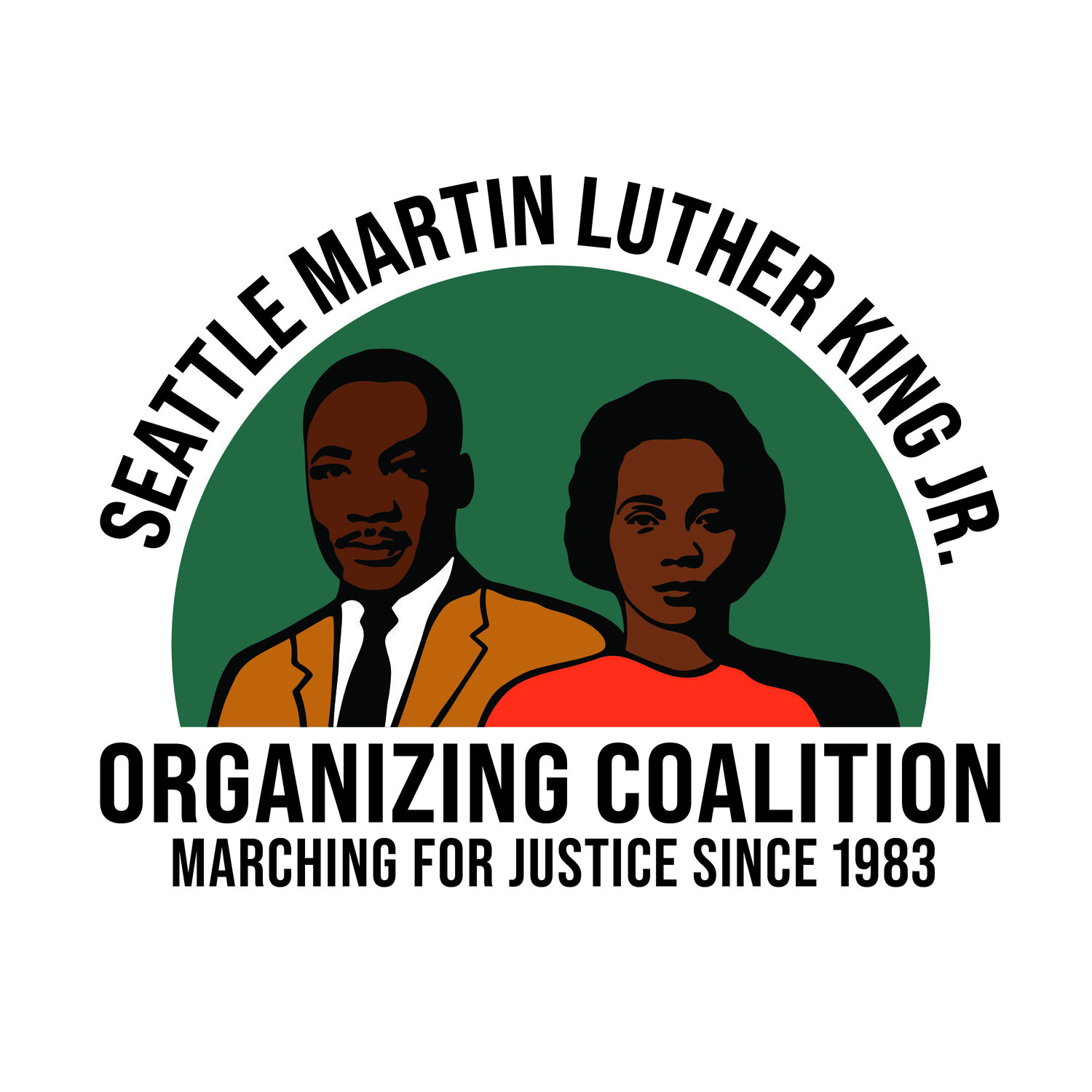Keeping Us Safe in Seattle’s Surveillance City
Last year, The Seattle City Council voted for some painfully ineffective strategies at keeping us safe - purchasing invasive surveillance technologies that collect and store data on people in our city, and enacting 1990’s era Stay Out of Drug Areas (SODA) and Stay Out of Areas of Prostitution (SOAP) zones. We know these decisions disproportionately harm already overpoliced BIPOC communities, immigrants, and other vulnerable populations. These types of laws are not new, and we are organizing against them. Join us!
Last year, The Seattle City Council voted to purchase technologies for surveillance, including CCTV cameras and real-time crime center software (RTCC) that collects data on folks in the city. Research shows that these are invasive and ineffective. They disproportionately harm over-policed BIPOC communities and put immigrants and those seeking reproductive or gender-affirming healthcare in danger. The council also enacted Stay Out of Drug Areas (SODA) and Stay Out of Areas of Prostitution (SOAP) zones, that don’t eliminate drug addiction or prostitution. Instead, these laws make it so that anyone accused - not convicted - of possessing illegal drugs in public can be banned, and also allow police to arrest people for behavior that simply suggests sex work, like waving to someone. Our communities have fought these types of laws before, and we will fight them again. Join us to learn what’s up with Seattle’s Surveillance City, and to discuss keeping us safe.
Maria Abando, Moderator Organizer, Whose Streets? Our Streets!
Panelists: Mary Flowers Antiracist Activist and Organizer, Black Prisoners Caucus
Liletha Williams, Organizer, Whose Streets? Our Streets!
Tee Sannon, Technology Policy Program Director, ACLU-WA
Sumayyah Waheed, Policy Expert, Muslim Advocates

